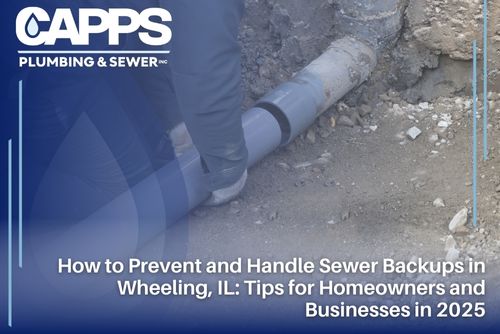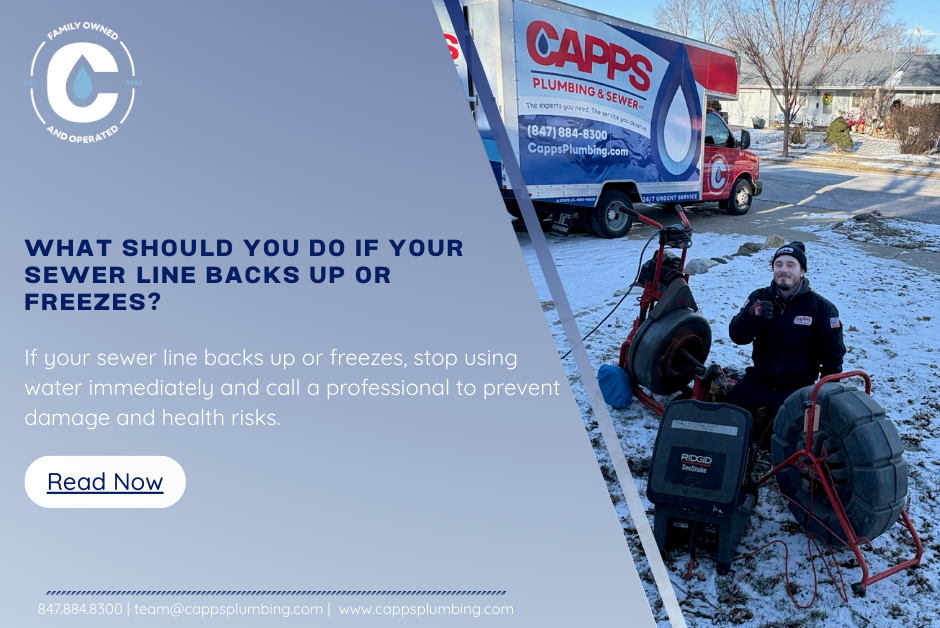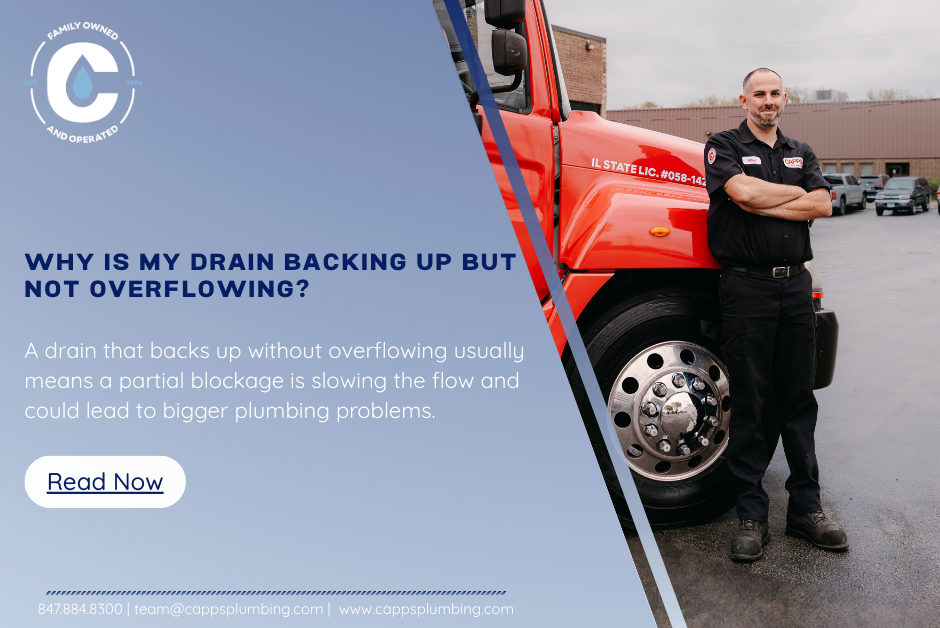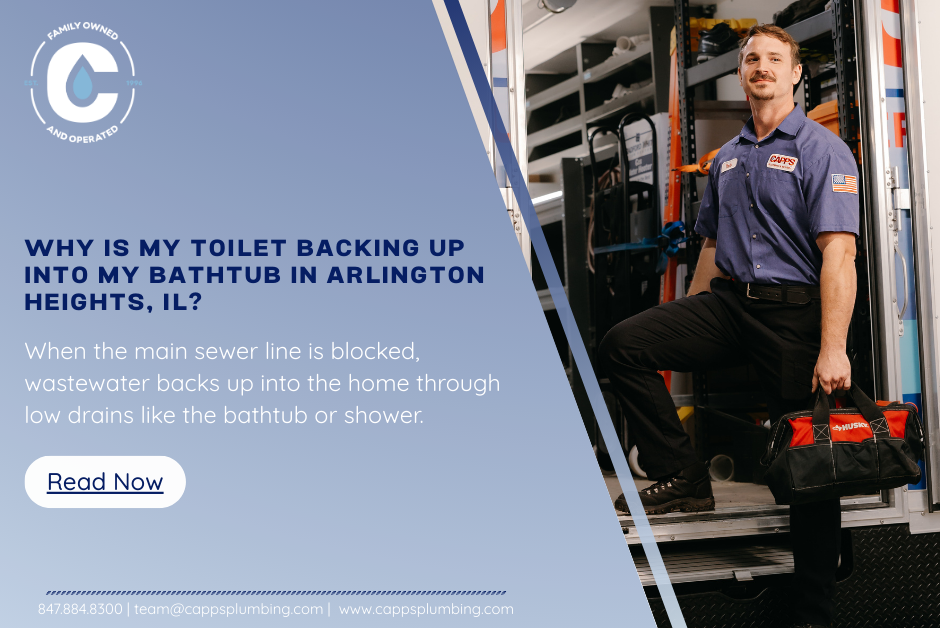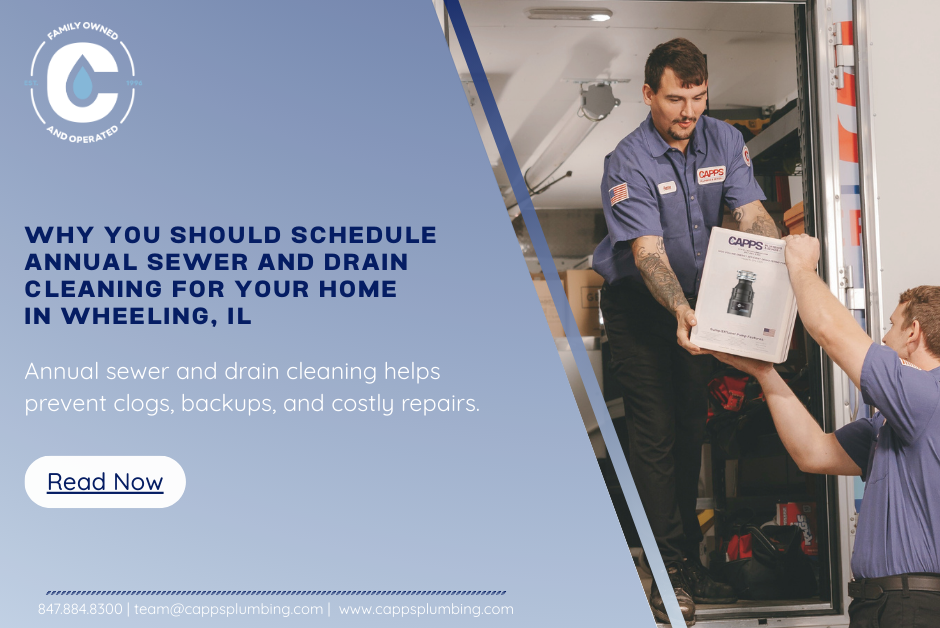A sewer backup can be an absolute nightmare for any homeowner. It can cause severe water damage and serious health risks to your family. To keep your home safe, it is essential to know what causes these backups and spot early warning signs. By checking your plumbing fixtures regularly and taking some simple steps, you can lower the chance of dealing with a sewer backup’s expensive and unpleasant effects.
Understanding Sewer Backups and Their Causes
A sewer backup occurs when dirty water flows incorrectly in your plumbing system. Instead of going out through the main sewer line, it returns to your home, which can be unpleasant. It usually occurs when something blocks the normal flow of wastewater, causing water to back up through plumbing fixtures like sinks, toilets, and drains.
There are several reasons why your sewer line can become blocked. Grease, hair, soap, and food waste can build up and create stubborn blocks. Tree roots are also a common issue. They can grow into sewer pipes and cause severe damage. Heavy rain can also fill the municipal sewer system too quickly. This is more likely to happen in older homes with worn-out sewer lines.
The Role of Sewer Lines in Home Plumbing
The sewer line is an integral part of your home’s plumbing and the main pathway for removing wastewater. Every time you flush a toilet, use the washing machine, or run the sink, the wastewater passes through pipes that lead to the main sewer line, which is usually buried underground. This line helps carry the wastewater away from your home.
The main sewer line connects to either a city sewer system or a septic system. In places with a sanitary sewer system, it links your plumbing to a central treatment facility, which handles wastewater for many homes. This connection shows that homeowners and the local municipality are involved in keeping the sewer system well.
Knowing how your sewer line works can help you spot possible problems. It requires regular check-ups and maintenance to keep working properly.
Early Warning Signs of a Potential Sewer Backup
Early detection is critical. It can stop a small plumbing problem from turning into a big sewer backup. Knowing the warning signs can help you act quickly.
Watch for slow-draining sinks, toilets, and showers. This can mean a partial blockage in the sewer line. Also, pay attention to gurgling noises from plumbing fixtures. If you hear them, especially when you flush a toilet, it could mean air is escaping from a blocked pipe. This suggests that something might be wrong with your sewer system.
Slow Draining Sinks and Toilets
Slow drains in sinks and toilets can be a hassle. They often indicate a problem in your plumbing system, especially with the main sewer line. If you see several fixtures in your home draining slowly, a blockage in the pipes is starting. This blockage can prevent wastewater from flowing freely.
Hair or soap buildup could cause a single sink to be slow. However, if multiple fixtures are slow, a more significant blockage is forming. It’s important not to ignore this issue, as it may quickly worsen.
If you keep seeing slow drains, contact a qualified plumber quickly. They can find out what’s wrong and fix it. Fixing the issue early can prevent a small blockage from becoming a big problem in the main sewer line, saving you from a messy and costly sewer backup later down the line.
Unusual Noises from Plumbing Fixtures
In addition to slow draining, you should pay attention to strange noises from your plumbing fixtures, especially gurgling sounds. These noises could indicate negative pressure in your sewer line, which often means a blockage is stopping the normal flow of wastewater.
Think of it as air stuck in a part of a straw. When liquid tries to move through, the pressure changes, creating gurgling or bubbling sounds. When wastewater hits a blockage in your sewer line, it also disrupts the flow, trapping air and creating those gurgling sounds.
If you hear such noises, it is vital to act quickly. Call a licensed plumber to examine your sewer line for blockages. They can help you decide if you need a backwater valve to prevent future backflow and protect your home from sewer backups.
Preventative Measures to Avoid Sewer Backups
You can avoid these expensive and messy situations by practicing simple habits and making wise choices.
It’s crucial to watch what goes down your drain. Do not pour grease, oils, or fats into the sink. These can harden and cause tough clogs. When you use the toilet, be careful not to flush anything except toilet paper. Flushable wipes, paper towels, and feminine hygiene products do not break down easily and often cause blockages in sewer lines.
Regular Maintenance Tips for Homeowners
Regular maintenance is vital to keep your home’s plumbing working smoothly and prevent serious sewer backups. Like any system in your house, plumbing needs routine checks and care to work well. Here are some simple steps you can take to avoid problems:
- Be Careful About What You Flush: Only toilet paper should go down the toilet.
- Schedule Regular Drain Cleaning: Think about having your drains cleaned by a professional once a year, especially if you have a big family or often use garbage disposal.
- Check and Maintain Your Sump Pump: Check your pump regularly, especially when it rains, to ensure it works correctly. This helps drain excess water and protect your basement.
Doing these things can lower the chances of sewer pipe blockage and reduce the risk of sewer backups. Remember, a little preventive care is a great way to protect your home and save money.
The Importance of Professional Sewer Inspections
While routine maintenance practices are crucial, nothing beats the expertise of a licensed plumber when it comes to safeguarding your home from sewer backups. Scheduling regular professional sewer line inspections is an investment worth considering, especially for older homes or those with a history of plumbing issues.
A comprehensive sewer inspection involves utilizing a specialized camera to examine the interior of your sewer lateral. This minimally invasive procedure allows the plumber to identify potential problems, such as tree root infiltration, pipe cracks, or blockages, before they escalate into major issues.
Discuss available preventative measures, such as backflow valve installations, with your plumber. It’s also a good practice to check with your insurance agent to understand your coverage in case of sewer backup-related damages and inquire about potential discounts for preventative measures.
Call a Professional Plumber Today
To keep your home safe with an efficient plumbing system, you must take preventative steps to avoid sewer backups. Make sure to do regular maintenance and have professionals check your plumbing. If you see warning signs, act quickly. Staying aware and taking these steps can help you avoid expensive sewage-related problems. Taking action early is essential to keep your plumbing system in good shape. If you need help safeguarding your plumbing, contact Capps Plumbing today!
